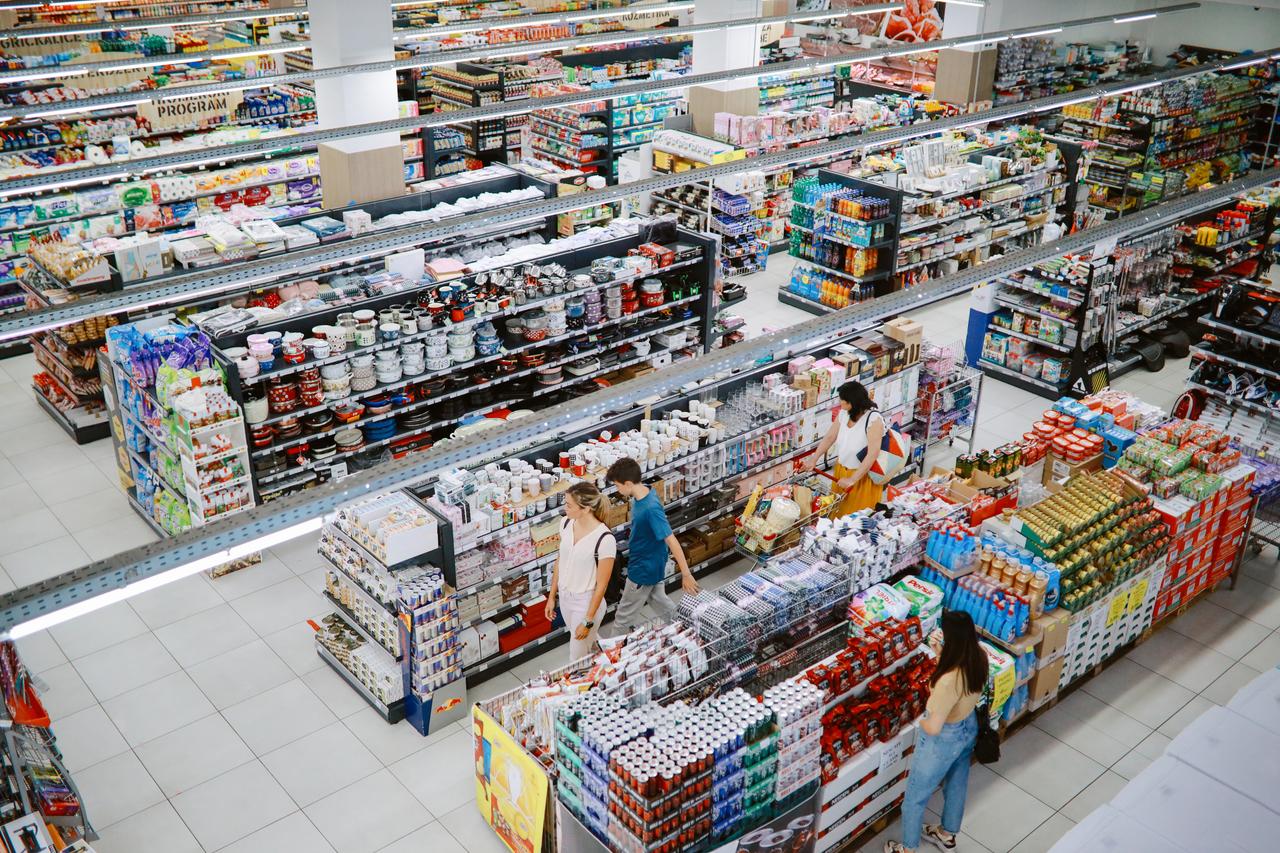While wages have risen sharply in almost all sectors, the average income of European farmers has fallen. Between 2022 and 2023, the fall will be between -12% and -22%. Nor have farmers benefited from food inflation, unlike the retail and food industry sectors.
Our experts have calculated that since the fourth quarter of 2021, both producer prices and retail prices for food products have risen much more sharply than prices for agricultural products. Johan Geeroms, our Director of Risk Underwriting Benelux, highlights the weak pricing power in the agricultural sector. "Farmers have insufficient bargaining power. At the same time, they are faced with increasing regulation and rising costs for energy, fertilisers, transport, biodiversity, water quality, climate and farm workers".



